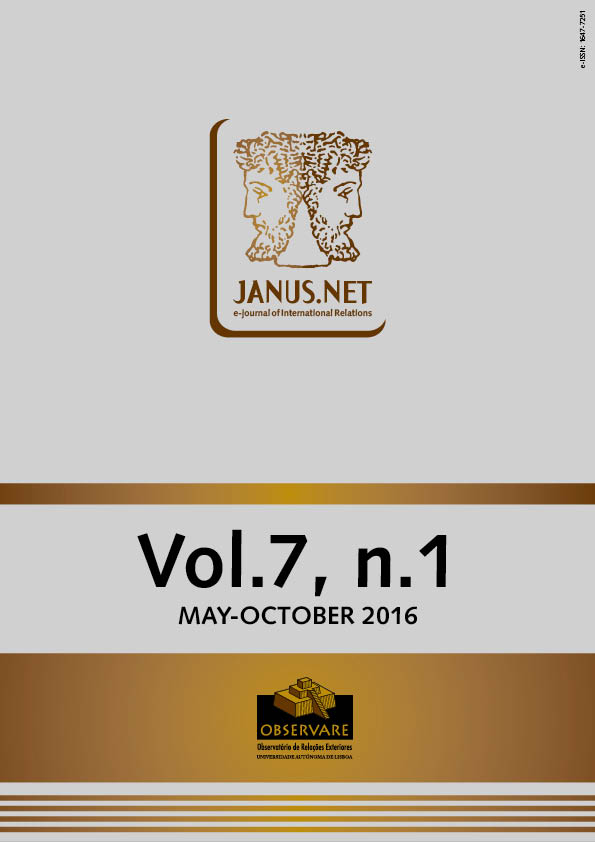The insistence of the return of violence in countries where the UN has intervened to promote peace has fuelled a debate about the effectiveness of international instruments for conflict resolution. This article reflects on the progress that these instruments were having in response to the recurrence of violence in light of what has been an approach to the concept of positive peace of Johan Galtung. From two case studies (Guatemala and Haiti) marked by changes in the discourse and practice of the United Nations that this approach inspired, it is argued that the UN instruments for peace would be so much more effective when they respect the author’s proposal, not only with regard to results they intend to achieve, but also in the way positive peace is operationalised on the ground. Analyses − as difficulties in implementing more comprehensive, local and inclusive processes that would affect the promotion of more sustainable peace − also contaminate the mechanisms used to assess their effectiveness.
THINK POSITIVE PEACE IN PRACTICE: EVALUATING THE EFFECTIVENESS OF THE UNITED NATIONS IN THE IMPLEMENTATION OF A COMPREHENSIVE PEACE
Ph.D. in Political Conflict and Processes of Peace-making at the Complutense University of Madrid (2015, Spain). Course focused on analysis and support of the formulation of policies on governance, peace-building and development for different entities (governments, European Commission, United Nations, international think tanks). Currently an external consultant for the European Commission, providing support to both headquarters and delegations on matters related mainly with human rights, civil society participation and conflict resolution
Resumo
Palavras-chave
Como citar este artigo
Moita, Madalena (2016). “Think positive peace in practice. Evaluating the effectiveness of the United Nations in the implementation of a comprehensive peace”. JANUS.NET e-journal of International Relations, Vol. 7, Nº. 1, May-October 2016. Consulted [online] date of last consultation, http://hdl.handle.net/11144/2622
Article received on 15 February, 2016 and accepted for publication on 11 March, 2016















